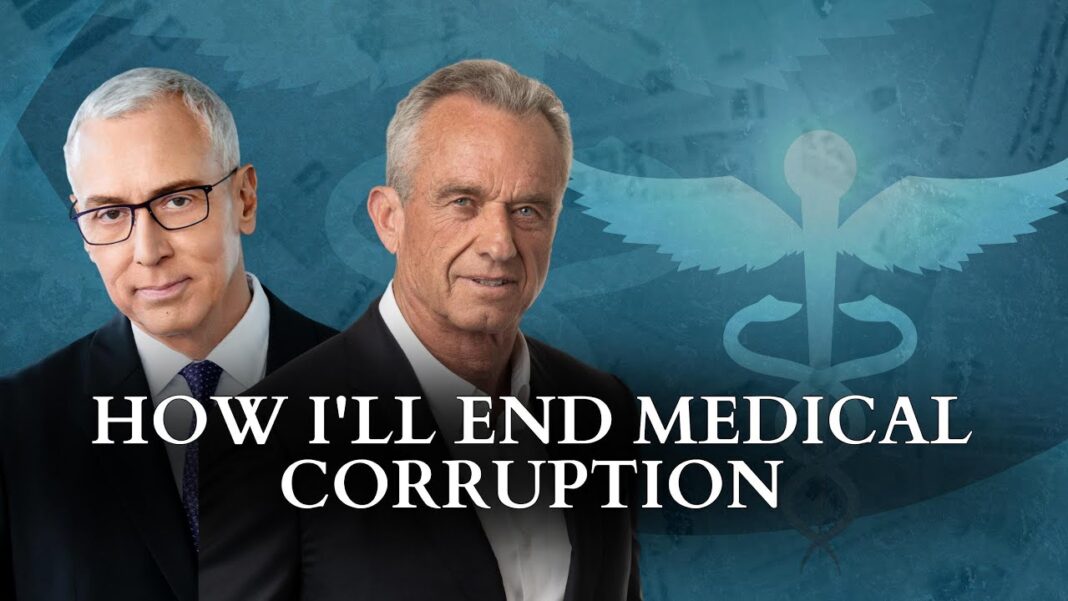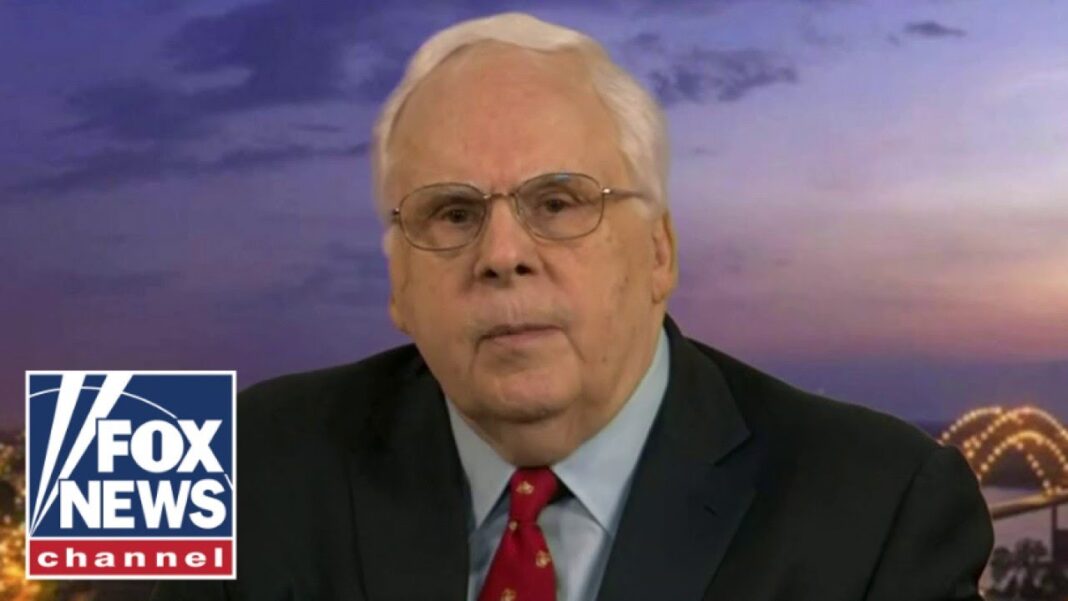Veteran diplomat who negotiated Doha Agreement tells House panel the president remained steadfastly committed to an unraveling plan.
President Joe Biden discarded advice to maintain a military presence in Afghanistan unless the Taliban complied with the Doha Agreement, former U.S. Ambassador to Afghanistan Zalmay Khalilzad told a House panel on Feb. 15.
“He decided not to make withdrawal of the final 2,500 [combat troops] conditional on a political agreement or leaving a counter-terrorism force behind,” Mr. Khalilzad, among the February 2020 pact’s chief negotiators, testified before the House Foreign Affairs Committee.
“He thought if he stayed, he might have to go back, or likely go back, to war with the Taliban,” he said, recalling President Biden’s rejection of his and Secretary of State Antony Blinken’s recommendation to make withdrawal conditional on Taliban adherence to Doha.
Mr. Khalilzad was the sole witness during the committee’s four-hour hearing, “Behind the Scenes: How the Biden Administration Failed to Enforce the Doha Agreement.”
The hearing was the latest installment—the first in election year 2024—in the GOP-led House’s examination of the eight months preceding the Aug. 26, 2021, evacuation from Hamid Karzai International Airport near Kabul, scarred by suicide bombings that killed more than 180 people, including 13 American service-members.
Republicans have clamored for analyses of the blundered withdrawal for two years, laying sole responsibility for the calamity on the Biden administration during a raft of 2023 committee hearings and on 2024 campaign stumps.
Democrats and Biden administration officials say the genesis of the disaster was President Donald Trump signing the Doha Agreement.
In the pact, the United States consents to deplete and then totally withdraw U.S. forces by May 2021, a draw-down they say fostered the rapid deterioration of the Afghan government and turned an orderly departure into a debacle.
According to an 85-page “After Action Report” (AAR) that analyzes the eight-month span between January and August 2021 released by the State Department on June 30, decision-makers across the last four administrations share responsibility for the 20-year war.
Mr. Khalilzad, who began his career advising President Ronald Reagan on the Soviet-Afghan war, served in President George W. Bush’s administration as U.S. ambassador to Afghanistan 2004-05, to Iran 2005-07, and to the United Nations 2007-09.
By John Haughey
Read Full Article on TheEpochTimes.com






